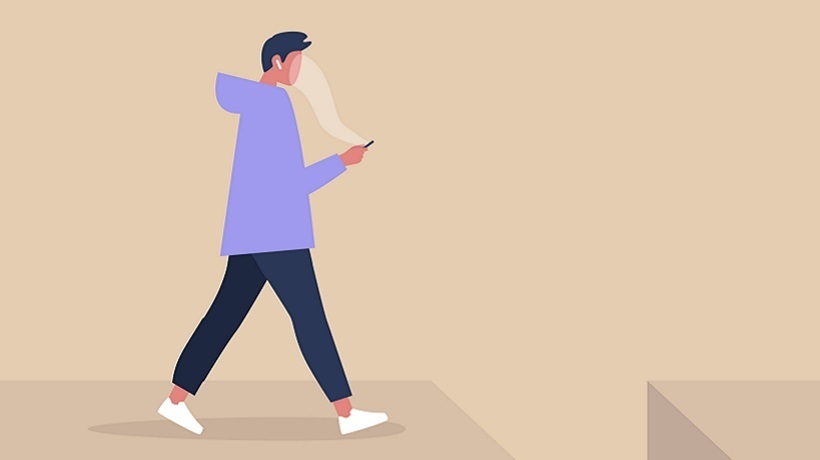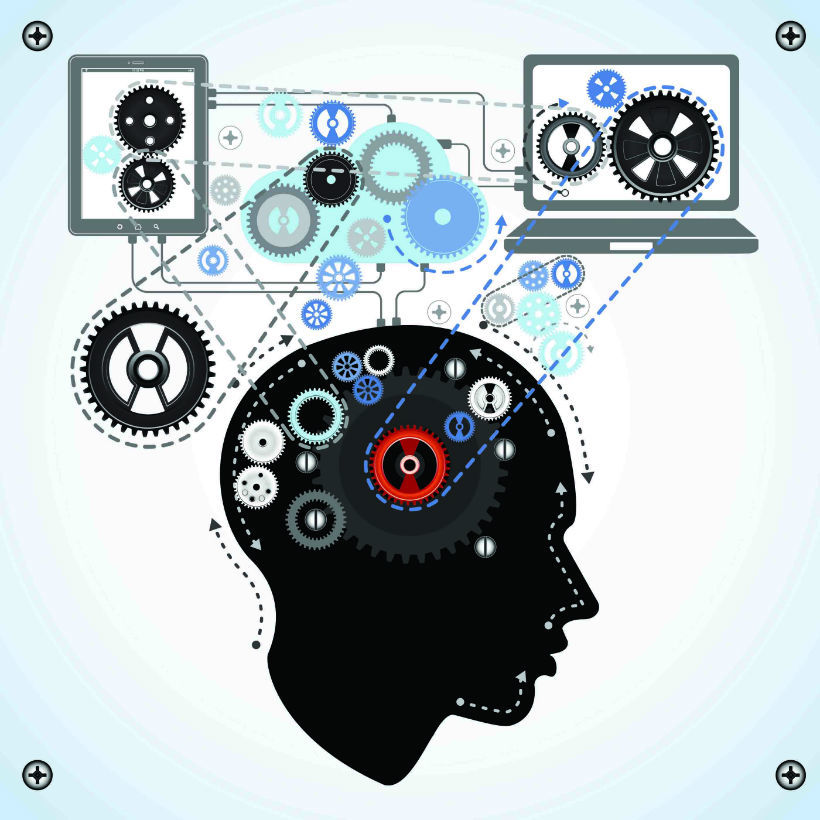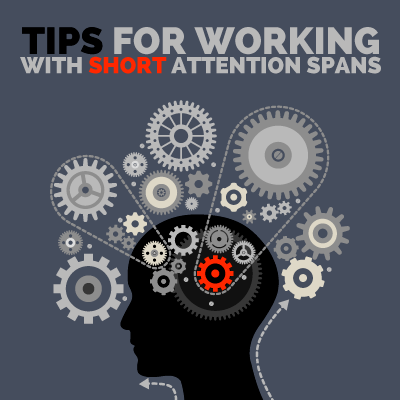Exploring The Negative Consequences Of Technology In Attention Span
According to a study conducted by Microsoft Canada, humans have a shorter attention span than goldfish. In the contemporary world, every person is somehow associated with technology, mostly with a smartphone. Smartphones have become a necessity that lies at the top of the survival pyramid. You would never see a person on the bus stand or at a railway station just patiently waiting for their ride. Instead, they would be on their phone, talking or scrolling. This feels normal, expected even; the time when people would initiate a conversation with strangers, exchanging bits of kindness, is long forgotten. This leads to the seclusion of one from their own society. Gradually, we are slipping away from reality; we find ourselves cooped in a corner in a room full of people.
How Is Shrinking Our Attention Span?
A study by the American Journal of Preventative Medicine reveals that people with higher usage of social media and technology feel socially isolated. Another study by Dr. Jean Twenge in 2020 suggests that there is an increase in depression, self-harm, and suicide cases among American young adults due to the increase in technology use. Constant usage of social media for short periods of time, like waiting in a queue at the grocery market, makes us completely dependent, thus shortening our attention span.
Social media is not the only aspect of technology. Technology enables people to multitask. You can do various things at once, just by sitting or standing in one place. Multiple people can edit a document from the comfort of their homes on different continents. This, however, as advantageous as it is, also decreases our attention span. Throughout the day, a person is exposed to an overload of information, whether it's news or work-related information. The constant pings of notifications distract a person from whatever they're doing, decreasing their focus. In fact, this is such a common phenomenon that people practice a social media or technology detox to boost their focus. This involves not using any applications or social media for a certain period of time.
The constant usage of mobile devices has also introduced a syndrome in the periphery of vision, known as the phantom vibration syndrome. As the name suggests, people hallucinate that their phones are ringing or vibrating even when they're not. This happens due to misinterpretations by the brain and the short attention span, which makes us check our mobile phones every now and then, causing severe anxiety or stress.
The study led by Microsoft Canada on how technology has affected attention span found that since the year 2000, the average attention span of a person dropped from 12 seconds to 8 seconds. The study was conducted among 2000 Canadian young adults, wherein their brain activity was studied with the help of electroencephalograms. The year 2000 marks the widespread adoption of mobile phones, a device capable of receiving, sending, and connecting people instantly across oceans.
Benefits Of Technology
We cannot, however, ignore the advancements made in every sector because of technology. The COVID-19 pandemic is being tackled mainly by using technology, with the availability of educational video conferencing and remote work. Additionally, technology also offers multitasking capabilities, which can be both advantageous and disadvantageous. On one hand, it allows people to perform multiple tasks at once, but on the other hand, it can lead to information overload and decreased focus due to constant distractions.
Conclusion
The impact of technology on human attention span and well-being is a topic that deserves further exploration and attention. It is important to find a balance between utilizing technology for its benefits and avoiding its negative consequences. Technology was created as an aid to humans, and instead, it has become a necessity. The constant notifications, the information overload, the irrelevance of the data presented, and targeted advertisements, all play a role in our shrinking attention span.









